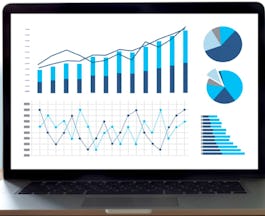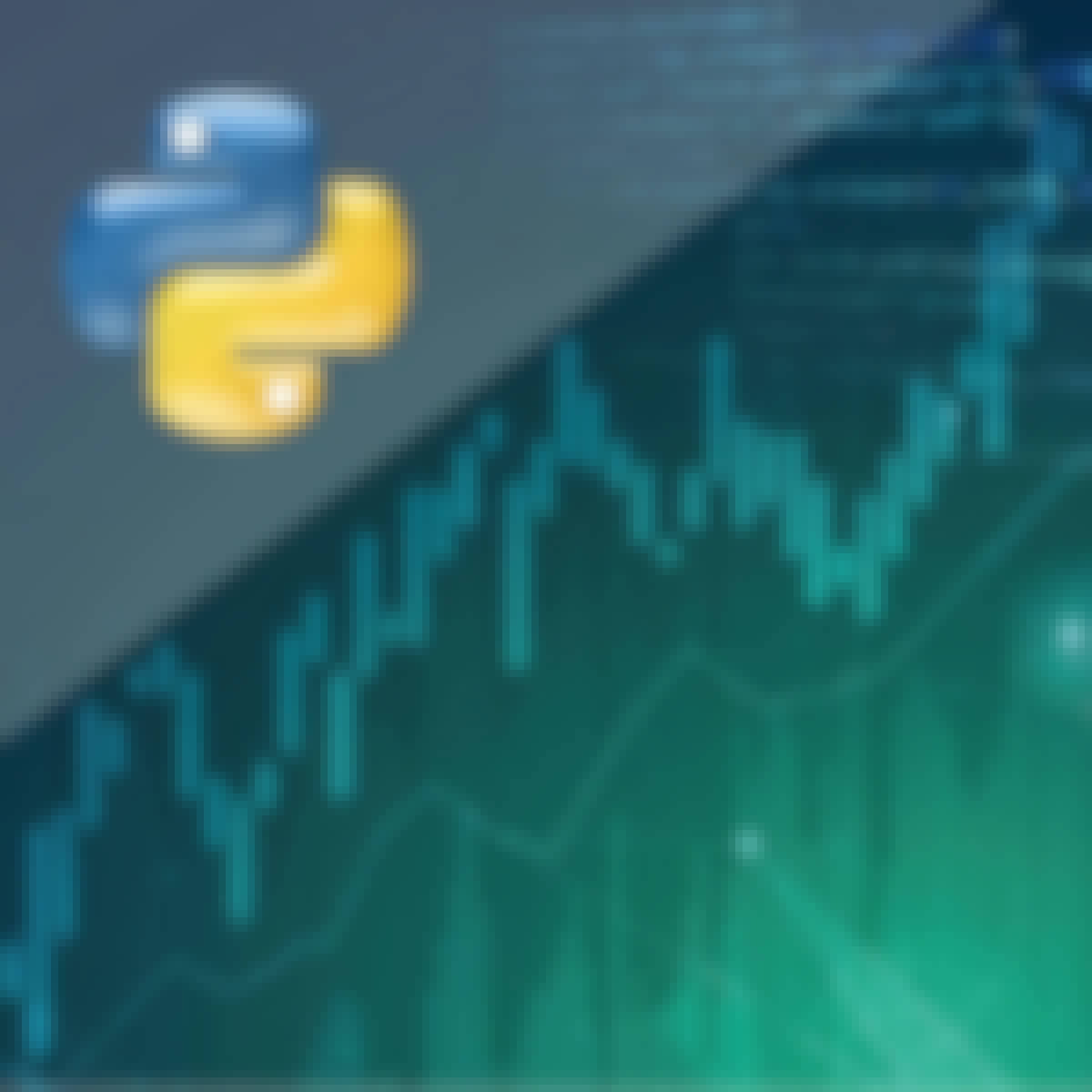Filter by
The language used throughout the course, in both instruction and assessments.
1,367 results for "applied statistics"

University of Colorado Boulder
Skills you'll gain: General Statistics, Probability & Statistics, Regression, Statistical Analysis, Experiment, Statistical Tests, Calculus, Linear Algebra, R Programming
 Status: Free
Status: FreeUniversity of London
Skills you'll gain: General Statistics, Probability & Statistics, Probability Distribution, Basic Descriptive Statistics, Statistical Analysis, Statistical Tests, Decision Making, Estimation, Data Analysis

Skills you'll gain: Data Analysis, Data Management, Data Visualization, Databases, Python Programming, SQL, Big Data, Data Mining, Data Science, NoSQL, R Programming, Microsoft Excel

Coursera Project Network
Skills you'll gain: Data Analysis, Data Mining, Microsoft Excel

IIMA - IIM Ahmedabad
Skills you'll gain: Data Analysis, Data Science, General Statistics

University of Colorado Boulder
Skills you'll gain: Probability & Statistics, General Statistics, Probability Distribution, Correlation And Dependence, Mathematics

Skills you'll gain: Probability & Statistics, General Statistics, Business Analysis, Data Analysis, Statistical Analysis, Basic Descriptive Statistics, Experiment, Probability Distribution, Regression, Statistical Tests, Marketing
 Status: Free
Status: FreeCampus BBVA
Skills you'll gain: Big Data, Business Analysis, Data Visualization, Statistical Analysis

Duke University
Skills you'll gain: Data Analysis, General Statistics, Probability & Statistics, Statistical Tests, Statistical Analysis, Probability Distribution, Basic Descriptive Statistics, Problem Solving, Statistical Programming, Statistical Visualization
 Status: Free
Status: FreeThe Hong Kong University of Science and Technology
Skills you'll gain: Basic Descriptive Statistics, Computer Programming, Data Analysis, Finance, Financial Analysis, Probability & Statistics, Python Programming, Statistical Analysis, General Statistics, Probability Distribution, Data Visualization

Johns Hopkins University
Skills you'll gain: General Statistics, Probability & Statistics, Mathematics, Statistical Tests, Linear Algebra, Algebra, Regression, Statistical Analysis, Biostatistics, Probability Distribution, Bayesian Statistics, Correlation And Dependence, Estimation, Basic Descriptive Statistics, Mathematical Theory & Analysis

University of Michigan
Skills you'll gain: Python Programming, Data Analysis, Computer Programming, Machine Learning, Algorithms, Applied Machine Learning, Data Mining, Machine Learning Algorithms, Exploratory Data Analysis, Statistical Programming, Data Management, Extract, Transform, Load, Natural Language Processing, Critical Thinking, Statistical Machine Learning, Data Structures, Graph Theory, Network Analysis, Human Learning, Data Visualization, Network Model, Regression, Computer Networking, General Statistics, Network Architecture, Plot (Graphics), Visualization (Computer Graphics), Computer Graphics
In summary, here are 10 of our most popular applied statistics courses
- Statistical Modeling for Data Science Applications: University of Colorado Boulder
- Probability and Statistics: To p or not to p?: University of London
- Introduction to Data Analytics: IBM
- Introduction to Data Analysis using Microsoft Excel: Coursera Project Network
- Pre-MBA Statistics: IIMA - IIM Ahmedabad
- Probability Theory: Foundation for Data Science: University of Colorado Boulder
- Statistics Foundations: Meta
- Business Analytics: Campus BBVA
- Inferential Statistics: Duke University
- Python and Statistics for Financial Analysis: The Hong Kong University of Science and Technology










